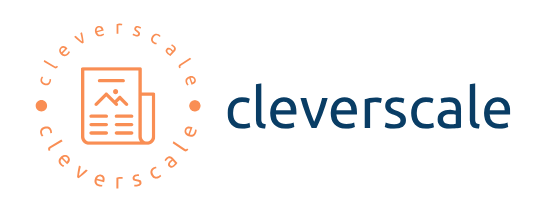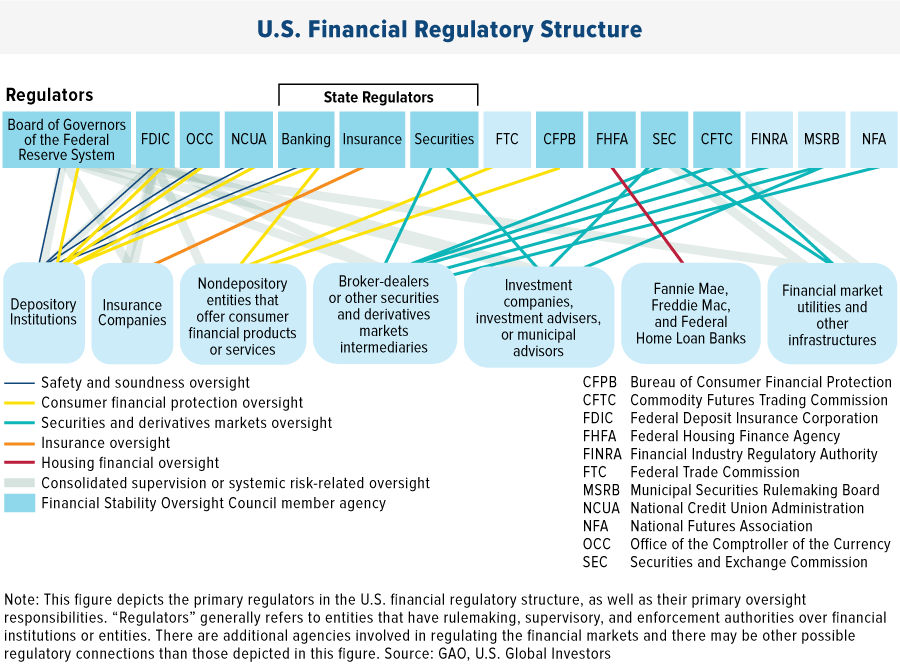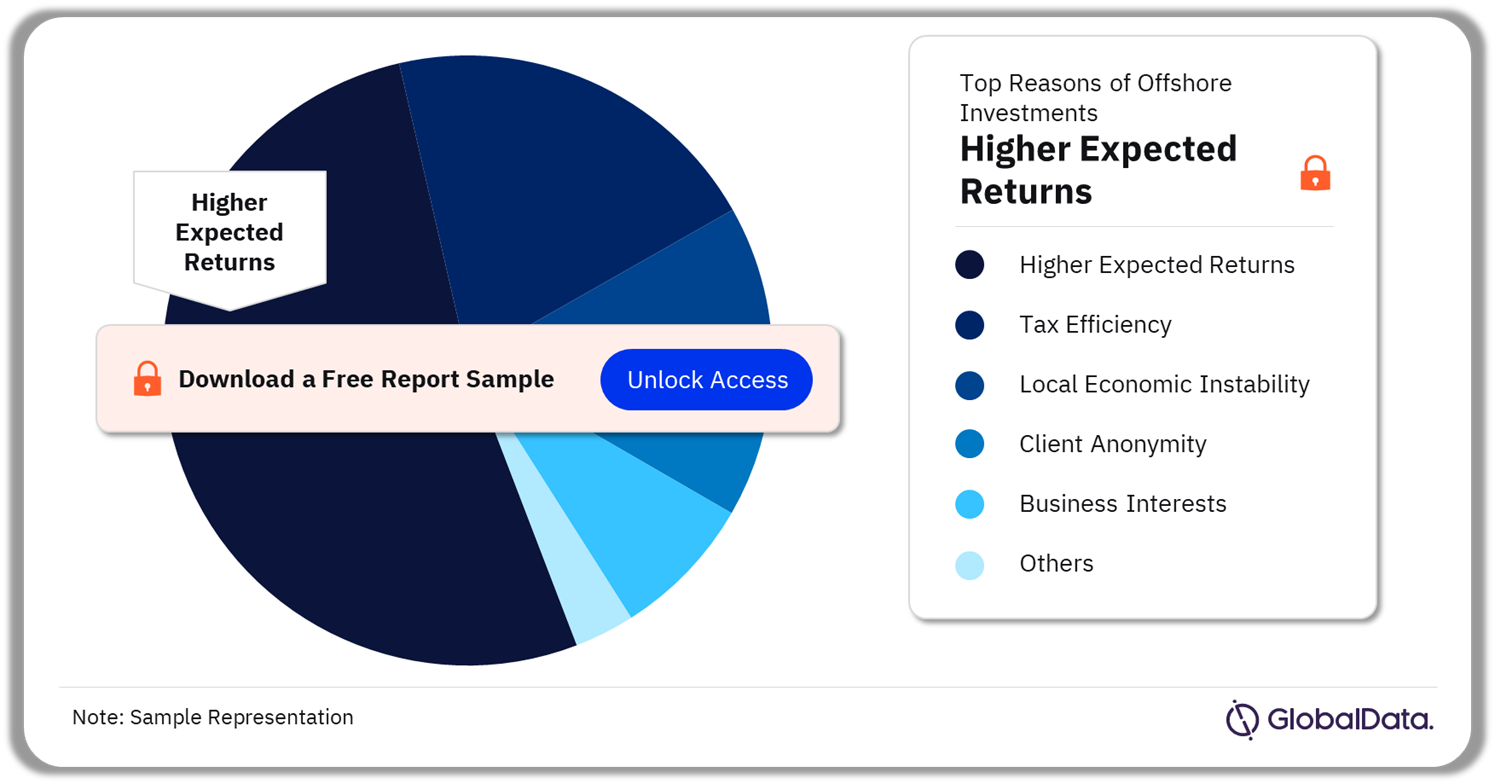
Navigating Healthcare Finance in the USA: A Comprehensive Guide
Healthcare finance in the USA is a complex landscape that intertwines medical needs with financial considerations. From insurance structures to managing medical costs, understanding the intricacies of healthcare finance is crucial for individuals and families seeking to balance their wellness with financial stability.
Insurance Essentials: The Foundation of Healthcare Finance
Health insurance serves as the cornerstone of healthcare finance in the USA. Understanding the different types of insurance plans, from employer-sponsored coverage to government programs like Medicare and Medicaid, is essential. Navigating the nuances of insurance policies ensures individuals can access necessary medical care while managing associated costs.
Health Savings Accounts (HSAs) and Flexible Spending Accounts (FSAs): Tools for Budgeting
Health Savings Accounts (HSAs) and Flexible Spending Accounts (FSAs) offer individuals opportunities to budget for healthcare expenses proactively. Contributions to these accounts are often tax-advantaged and can be used for qualified medical expenses. Utilizing HSAs and FSAs strategically can contribute to more efficient healthcare finance management.
Out-of-Pocket Costs: Understanding and Managing Expenses
While insurance provides coverage, out-of-pocket costs are an inevitable part of healthcare finance. Deductibles, copayments, and coinsurance contribute to these expenses. Understanding the terms and conditions of insurance plans is crucial for effectively managing out-of-pocket costs and avoiding unexpected financial burdens.
Medical Billing and Negotiation: Advocating for Fair Costs
Medical billing can be complex, and deciphering healthcare bills is often challenging. Learning to navigate medical bills, checking for errors, and understanding the charges are essential steps in healthcare finance. Additionally, negotiating medical bills with healthcare providers can be a proactive approach to managing costs and ensuring fair pricing.
Prescription Medications: Balancing Access and Affordability
Access to prescription medications is a significant aspect of healthcare finance. Understanding medication formularies, exploring generic options, and seeking assistance programs are strategies to balance the necessity of medications with affordability. Effective management of prescription costs contributes to overall healthcare financial wellness.
Financial Assistance Programs: Bridging Gaps in Affordability
For individuals facing financial challenges in healthcare, various assistance programs are available. Non-profit organizations, pharmaceutical assistance programs, and hospital financial assistance programs can provide support. Knowing how to access these resources is vital for those seeking to bridge gaps in affordability.
Preventive Care: Investing in Long-Term Wellness
A proactive approach to healthcare finance includes investing in preventive care. Regular check-ups, screenings, and lifestyle modifications contribute to long-term wellness and can reduce the need for costly medical interventions. Prioritizing preventive care aligns with both health and financial well-being.
Navigating the Affordable Care Act (ACA): Understanding Policy Changes
The Affordable Care Act (ACA) has brought significant changes to healthcare finance in the USA. Understanding the provisions of the ACA, including the Health Insurance Marketplace and Medicaid expansion, is crucial for individuals seeking coverage options. Staying informed about policy changes is vital in navigating the evolving landscape.
Financial Planning for Healthcare: Integrating Wellness and Wealth
Integrating financial planning with healthcare considerations is a holistic approach. Establishing an emergency healthcare fund, evaluating insurance coverage regularly, and considering health-related tax implications contribute to a comprehensive healthcare finance strategy. Aligning wellness goals with financial planning ensures a balanced and sustainable approach.
Community Resources and Support: Tapping into Networks
Communities often offer resources and support for healthcare-related challenges. Local health clinics, community health programs, and support groups can provide valuable assistance. Understanding and tapping into these community resources contribute to a well-rounded healthcare finance strategy.
To explore comprehensive insights into Healthcare Finance in the USA and access resources for effective financial planning, visit www.cleverscale.com. Discover strategies, tools, and guidance to navigate the dynamic landscape of healthcare finance and foster both physical and financial well-being.



